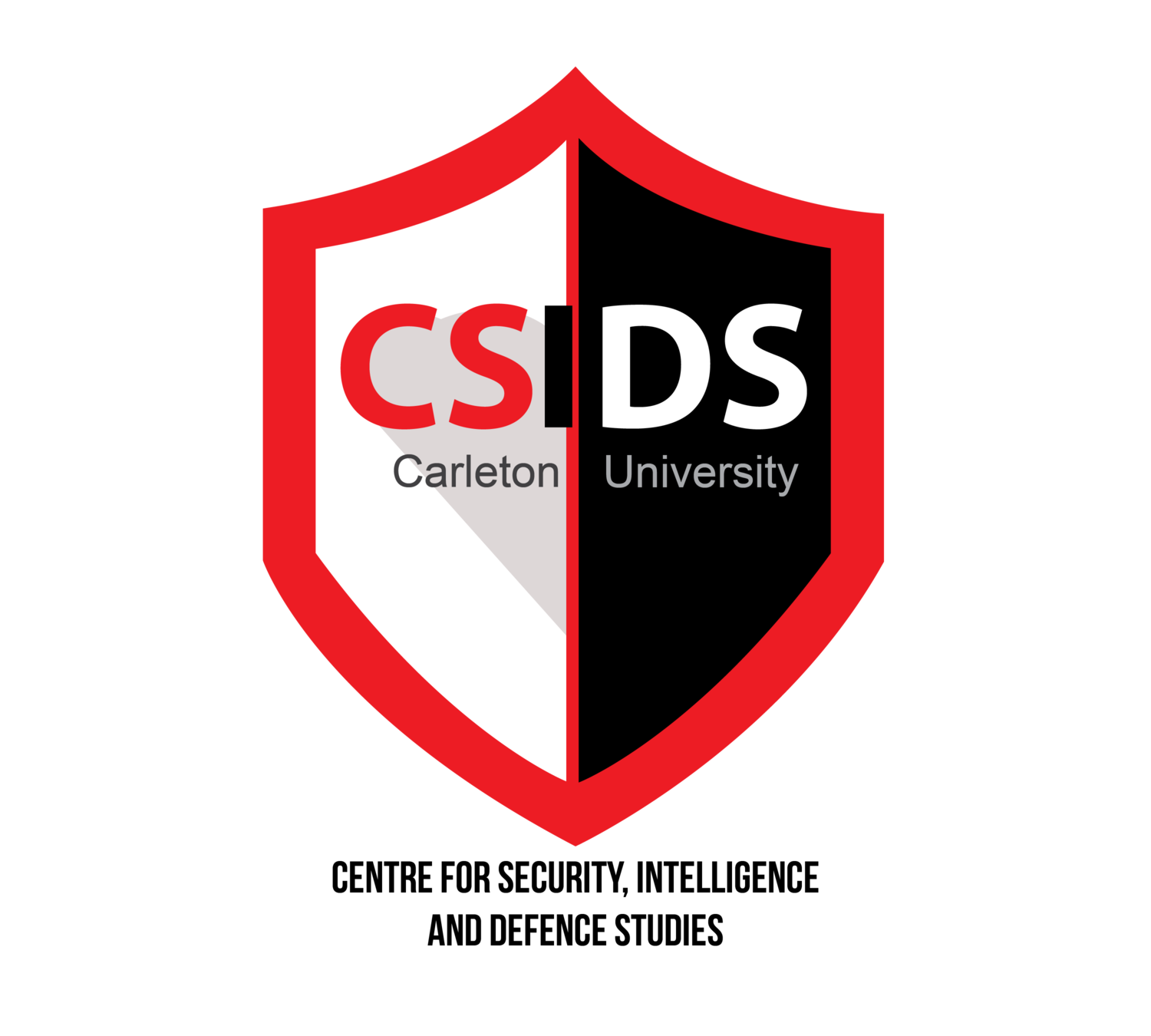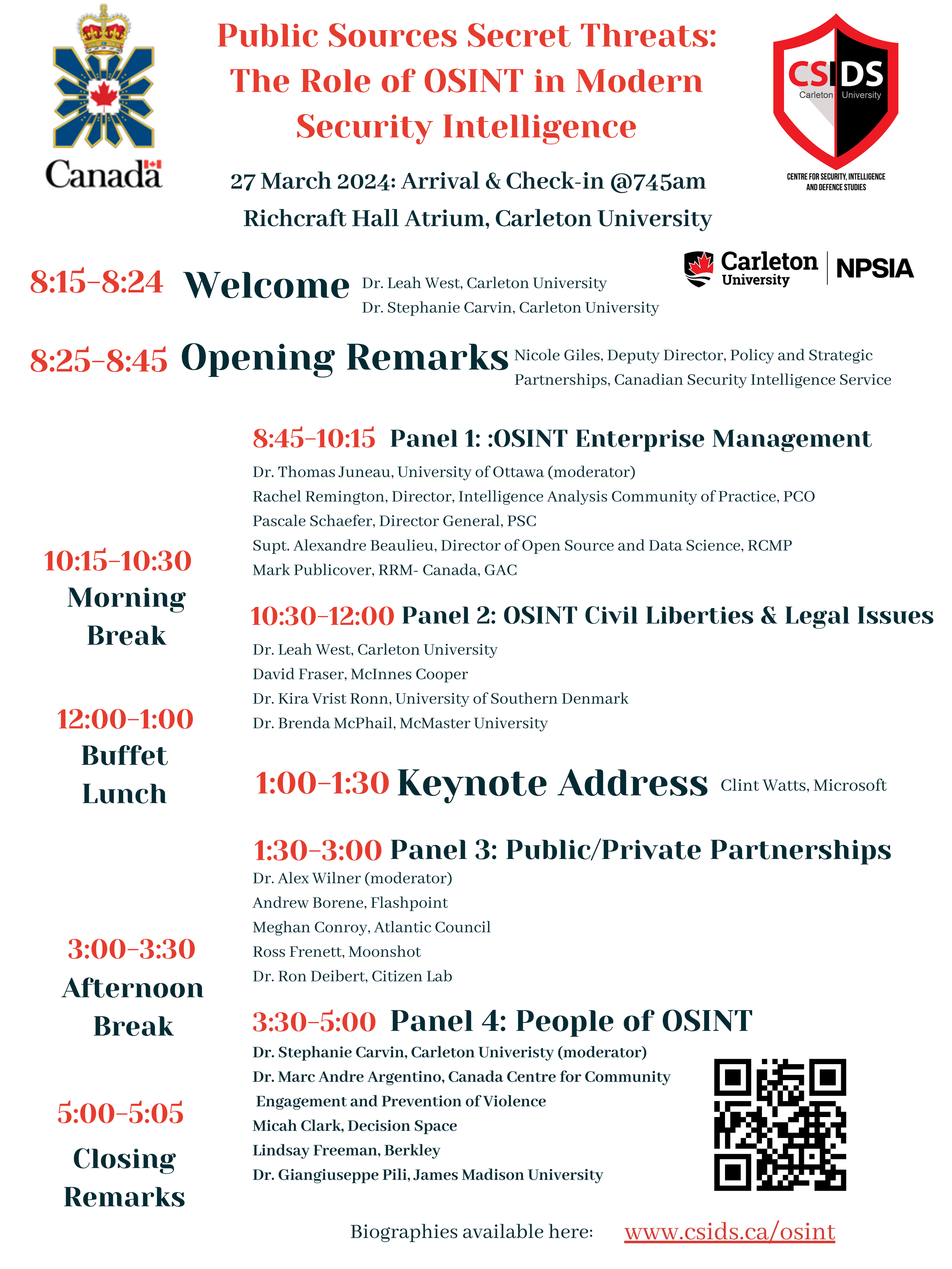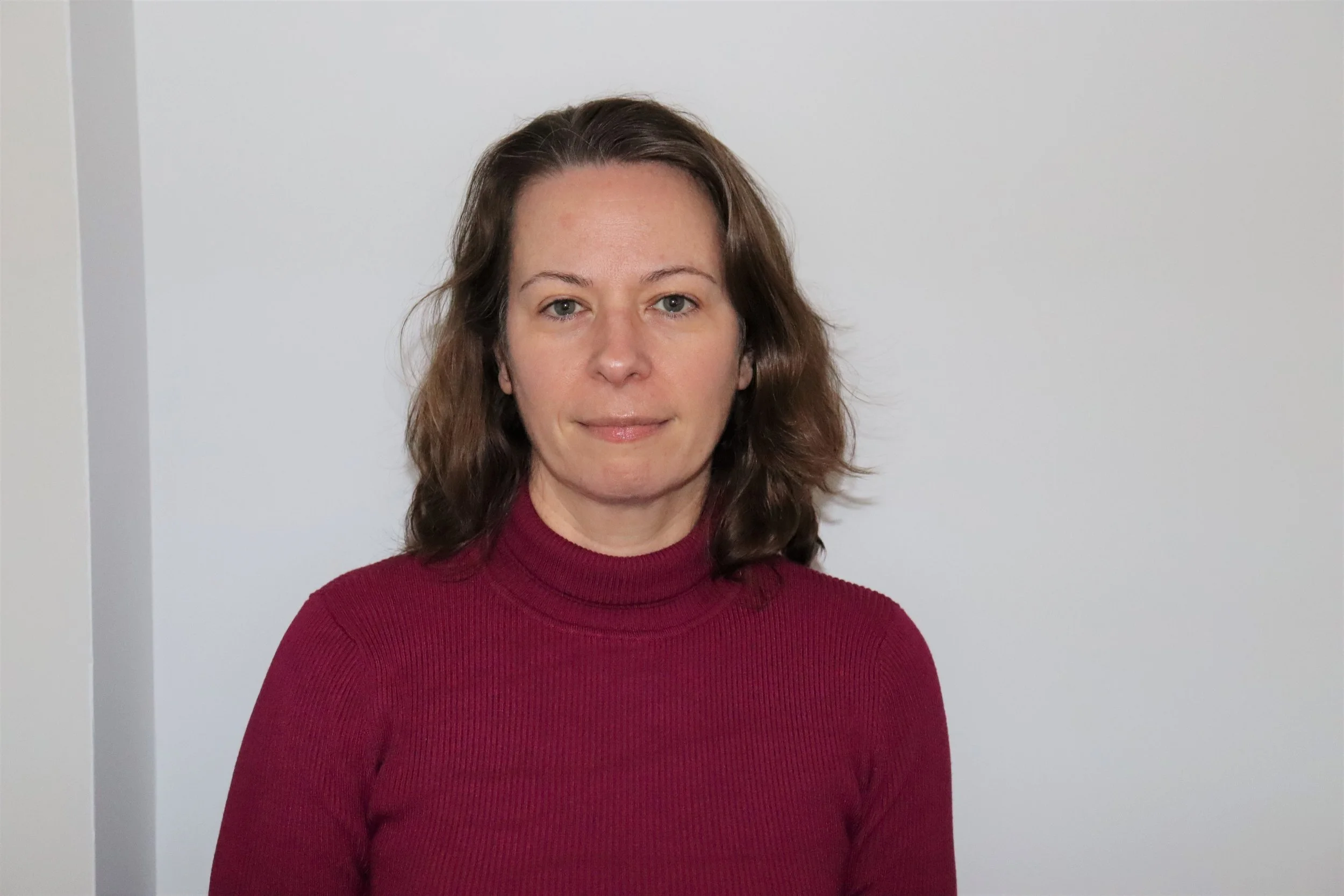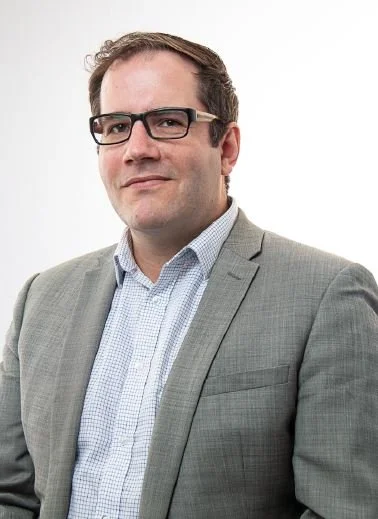Public Sources Secret Threats: The Role of OSINT in Modern Security Intelligence
Public Sources Secret Threats: The Role of OSINT in Modern Security Intelligence
An unclassified workshop hosted by the Canadian Centre for Security, Intelligence and Defence Studies (CSIDS) and the Academic Outreach and Stakeholder Engagement (AOSE) Program at the Canadian Security Intelligence Service (CSIS)
Richcraft Hall Atrium
Carleton University
27 March 2024
Public Sources Secret Threats: Speaker Biographies
-

Marc Andre Argentino
Dr. Argentino received his PhD from the Individualized Program at Concordia University. His PhD research was a survey of the QAnon movement, which examined its evolution from a fringe conspiracy theory to a global phenomenon and how it creates novel threats to national security and democratic institutions around the globe. Dr. Argentino's current research is focused on examining dangerous conspiracy theories, accelerationism, esotericism, gaming and radicalization, adversarial AI, the hybridization of harms and the nexus of violent extremism and foreign interference. Marc-André is a Senior Research Fellow at the Accelerationism Research Consortium and a Senior research Advisor at the Canada Centre for Community engagement and the Prevention of Violence.
-

Andrew Borene
Andrew Borene is a London-based Executive Director with Flashpoint, a risk intelligence firm. He is a Certified Information Systems Security Professional (CISSP) and a U.S. licensed attorney. He is active on several boards related to international security cooperation, security partnerships, higher education and cybersecurity.
Andrew has led business teams in advanced technology, high risk, and rapid growth initiatives within Fortune 500 companies such as IBM, Symantec, and LexisNexis. He also led corporate development at ReconRobotics Inc., and was turnaround CEO of a publicly-held middle market cybersecurity services company now trading as SideChannel, Inc. Andrew also served as a U.S. Government civilian in senior executive, staff officer, and advisory roles at DoD, CIA, ODNI, and the National Counterterrorism Center (NCTC). His U.S. federal experience of 23 years was in areas including transnational issues such as counterintelligence, counterterrorism, national security law, open-source intelligence (OSINT), intelligence education, transnational crime, and irregular warfare. While at NCTC, he served as Group Chief of an interagency team responsible for policy and planning of counterterrorism operations in the Middle East, Asia, Europe, and Africa, on behalf of The White House National Security Council.
Andrew is an active member of both the U.S. Council on Foreign Relations and the UK’s Chatham House (the Royal Institute of International Affairs). A former Marine Corps officer and U.S. State Department Leadership Fellow, he serves on the Editorial Board of the Marshall Center’s Partnership for Peace Consortium’s journal of international security cooperation on behalf of more than 800 defense academies and security studies institutes across 60 countries.
A Senior Fellow at George Mason University Law School’s National Security Institute (NSI) — Andrew earned a J.D. from the University of Minnesota Law School and a B.A. in Economics from Macalester College. He completed executive education programs at Joint Special Operations University, the Marine Corps Expeditionary Warfare School, and Harvard University. He has been awarded the FBI Director’s Award and the ODNI Award for Exceptional Achievement.
-
Stephanie Carvin
Stephanie Carvin is an Associate Professor at the Norman Paterson School of International Affairs, Carleton University. Her research interests are in the area of international and national security, and technology. Stephanie holds a PhD from the London School of Economics. Among other university press publications, she is the author of Stand on Guard: Reassessing Threats to Canada’s National Security (University of Toronto Press) which was nominated for the 2021 Donner Prize. In 2009 Carvin was a Visiting Scholar at George Washington University Law School and worked as a consultant to the US Department of Defense Law of War Working Group. From 2012-2015, she was an intelligence analyst with the Government of Canada focusing on national security issues. She is presently co-authoring a book on far-right extremism in Canada with Amarnath Amarasingam.
-
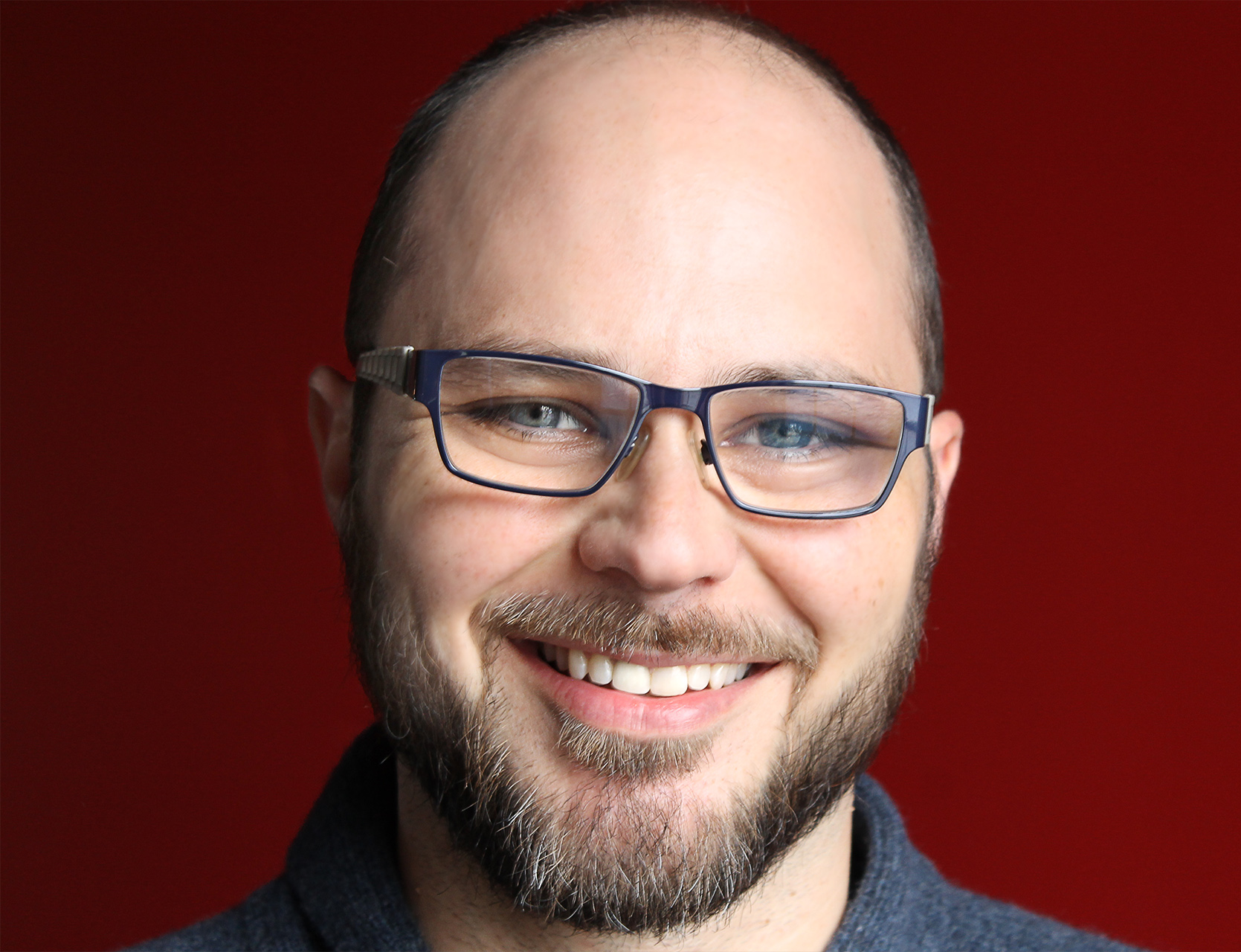
Micah Clark
Micah Clark is an intelligence educator and founder of Decision Space, a boutique design firm dedicated to making analytical tradecraft and technologies more creative, sustainable and consequential. Micah is a recognized expert in Open Source Intelligence (OSINT) with more than 15 years of practical experience developing programs and products for the US and Canadian national security communities.
Micah has led intelligence, training and design teams at companies of all sizes, from three-person startups to publicly traded companies, including SecDev, ECS, Moonshot and Tadaweb. Micah also teaches graduate courses in intelligence, war and technology at the Norman Paterson School of International Affairs at Carleton University.
-

Meghan Conroy
Meghan Conroy is the US Research Fellow at The Atlantic Council’s Digital Forensic Research Lab (DFRLab), where she researches domestic extremism and the ways it manifests both on- and offline. She specializes in tracking the evolution of narratives and conspiracy theories over time and their spread across the information ecosystem. Prior to joining the DFRLab, Meghan was an Investigator for the Select Committee to Investigate the January 6th Attack on the United States Capitol. Since 2013, Meghan has worked at the nexus of extremism, media, and the Internet to inform stakeholders ranging from Members of Congress to Trust & Safety staff. Meghan has shared her insights with journalists from CNN, NBC News, The Atlantic, Rolling Stone, Wired. She has published her research findings with Just Security, Tech Policy Press, GNET, Inkstick, among others, and in peer-reviewed journals such as Social Media + Society and Terrorism and Political Violence. Meghan graduated with a Master’s degree in International Security and Terrorism from the University of Nottingham in 2015, where she was awarded the sole Centre for Conflict, Security, and Terrorism postgraduate dissertation prize. In 2014, she graduated with Bachelor’s degree in Anthropology from the University of South Carolina. She is based in Washington, DC.
-

Ron Deibert
Ronald J. Deibert is Professor of Political Science and Director of the Citizen Lab at the Munk School of Global Affairs & Public Policy, University of Toronto. The Citizen Lab undertakes mixed methods research on global security, digital technologies, and human rights. Deibert is the author of Black Code: Surveillance, Privacy, and the Dark Side of the Internet (Random House: 2013), and RESET: Reclaiming the Internet for Civil Society (House of Anansi, 2020). In 2013, he was appointed to the Order of Ontario and awarded the Queen Elizabeth II Diamond Jubilee medal, for being “among the first to recognize and take measures to mitigate growing threats to communications rights, openness and security worldwide.” In 2022, he was appointed Officer of the Order of Canada.
-

David Fraser
David Fraser is well-known as one of Canada’s leading internet, technology and privacy lawyers. He regularly advises a range of clients – from startups to Fortune 100 companies – on all aspects of technology and privacy laws.
David advises private and public sector clients to implement compliance programs for Canadian privacy legislation. He regularly provides opinions on privacy laws for both Canadian and international clients and is a frequently invited speaker on this topic. David also acts for respondents in matters referred to the Office of the Privacy Commissioner.
A portion of his practice is advising companies on responding to law enforcement and national security requests for access to customer information, particularly with a cross-border dimension.
He is the author of the popular Canadian Privacy Law Blog (blog.privacylawyer.ca), which was was awarded a “Clawbie” in 2013 by the Canadian Law Blog Awards. YouTube channel (www.youtube.com/@privacylawyer) received a “Clawbie” in 2023.
-

Lindsay Freeman
Lindsay Freeman is the Director of Technology, Law, and Policy program at the Human Rights Center, UC Berkeley School of Law. Freeman is an international lawyer who specializes in the use of technology to investigate international crimes, and on prosecution of cyber-enabled international crimes. She led the drafting of the Berkeley Protocol on Digital Open Source Investigations for the UN Office of the High Commissioner for Human Rights and developed the Human Rights Center's digital investigation training program. She previously worked for the International Criminal Court, Extraordinary Chambers in the Courts of Cambodia, and as a prosecutor in San Francisco.
-

Ross Frenett
Ross Frenett is Founder and CEO of Moonshot, a company working to end online harms, applying evidence, ethics and human rights. Under his leadership, Moonshot has become the premier provider of insights on targeted violence online; pioneered partnerships with tech companies to safeguard against violence on their platforms; and delivered online violence prevention models across Canada and the United States. Moonshot has twice been named to Fast Company's prestigious annual list of the World's Most Innovative Companies in 2022 and 2023. Ross chairs the EU Commission’s RAN Communications and Narratives working group and regularly publishes on the intersection of technology and extremism.
-

Nicole Giles
Nicole Giles was appointed to the position of Senior Assistant Deputy Minister, Deputy Director of Policy and Partnerships at the Canadian Security Intelligence Service (CSIS) in October 2022. Her portfolio includes strategic policy, public and foreign relations, external review and compliance, litigation and disclosure, employee communication and engagement, and academic outreach and stakeholder engagement.
Dr. Giles is a seasoned executive, joining CSIS from Immigration, Refugees and Citizenship Canada (IRCC) from where she held the position of Assistant Deputy Minister, Operations Sector. Prior to this, Dr. Giles held the position of Director General, International Finance and Development at the Department of Finance, since 2017. During this time, she served as Canada’s Deputy to the World Bank’s International Development Association, and as Canada’s Sherpa for the Coalition of Finance Ministers for Climate Action.
Previously, Dr. Giles was the Director General for International Assistance Management, and Evaluation and Results, at Global Affairs Canada.
She also served as Canada’s High Commissioner to Guyana, Ambassador to Suriname and as Representative Plenipotentiary to CARICOM 2013‒2015. Dr. Giles has worked as Director for Nuclear Security, Submarines and Policy, and served as Director for the Counter-Terrorism and Anti-Crime Capacity Building Programs Division at now Global Affairs Canada.
Born and raised in Kamloops, B.C., Dr. Giles holds a Doctorate in International Relations from the University of Oxford, and has published on subjects such as missile defence and nuclear strategy. She is married with a wonderful son and daughter.
-

Thomas Juneau
Thomas Juneau is associate professor at the University of Ottawa's Graduate School of Public and International Affairs. His research focuses on the Middle East, especially on Iran and Yemen, on the role of intelligence in national security and foreign policy making, and on Canadian foreign and defence policy. He is a non-resident fellow with the Sanaa Center for Strategic Studies. From 2003 until 2014, he worked with Canada’s Department of National Defence, mostly as a policy analyst covering the Middle East. He is the co-author of Intelligence Analysis and Policy Making: The Canadian Experience (2021) and co-editor of Intelligence Cooperation under Multipolarity: Non-American Perspectives (2023), Stress Tested: The COVID-19 Pandemic and Canadian National Security (2021), Top Secret Canada (2020), and Canadian Defence Policy in Theory and Practice, volumes 1 (2019) and 2 (2023).
-

Brenda McPhail
Brenda McPhail is the Director of the Master in Public Policy in Digital Society Executive Education program at McMaster University, a program being designed to create thought leaders in digital policy. As the former Director of the Privacy, Technology and Surveillance Program at the Canadian Civil Liberties Association, her work has supported litigation at courts up to the Supreme Court of Canada, as well as legislative reform, and public education relating to the ways in which privacy rights are at risk in contemporary society. She has appeared as an expert witness before Parliamentary and Senate committees regarding privacy law, national security, and biometric data, and serves as a member of the Advisory Council for the Information and Privacy Commissioner of Ontario. She is a collaborator on several grant-funded research projects including studies on workplace surveillance applications, media governance and AI, facial recognition technology, privacy and consent, and virtual health care data privacy.
-

Giangiuseppe Pili
Giangiuseppe Pili (Ph.D.) is an Assistant Professor in the Intelligence Analysis Program at James Madison University. He is an Associate Fellow at the Open Source Intelligence and Analysis - Royal United Services Institute, where he worked as a Research Fellow. He is an external member of Intelligence Lab – Calabria University. He earned a Ph.D. in analytic philosophy on logics and theory of knowledge applied to political institutions. He is an editorial board member of the Italian Society of Intelligence, and host of the series Intelligence & Interview. Along with professor Mario Caligiuri, he is the author of Intelligence Studies (2020), which was included in the official digest of the Italian Security Services (DIS).
-
Rachel Remington
Rachel Remington is director of the Government of Canada’s Intelligence Analyst Community of Practice. Over the past ten years, Rachel has also held executive positions at the Canada Border Services Agency and the Department of National Defence. She previously worked for the Privy Council Office Intelligence Assessment Secretariat as an intelligence analyst and for the Communications Security Establishment (CSE) as a linguist. She also served several other government departments and agencies as a CSE client relations officer. Rachel wants to use her knowledge of the community to help tackle persistent challenges and bring about lasting change.
Rachel Remington est directrice de la Communauté de pratique des analystes du renseignement du Gouvernement du Canada. Au cours des dix dernières années, Rachel a aussi occupé des postes de direction à l'Agence des services frontaliers du Canada et au ministère de la Défense nationale. Auparavant, elle a travaillé pour le Secrétariat de l'évaluation du renseignement du Bureau du Conseil privé en tant qu'analyste du renseignement et pour le Centre de la sécurité des télécommunications (CST) en tant que linguiste. Elle a également travaillé auprès de plusieurs autres ministères et agences gouvernementales en tant que responsable des relations avec les clients du CST. Rachel souhaite utiliser sa connaissance de la communauté pour aider à relever des défis persistants et à apporter des changements durables.
-
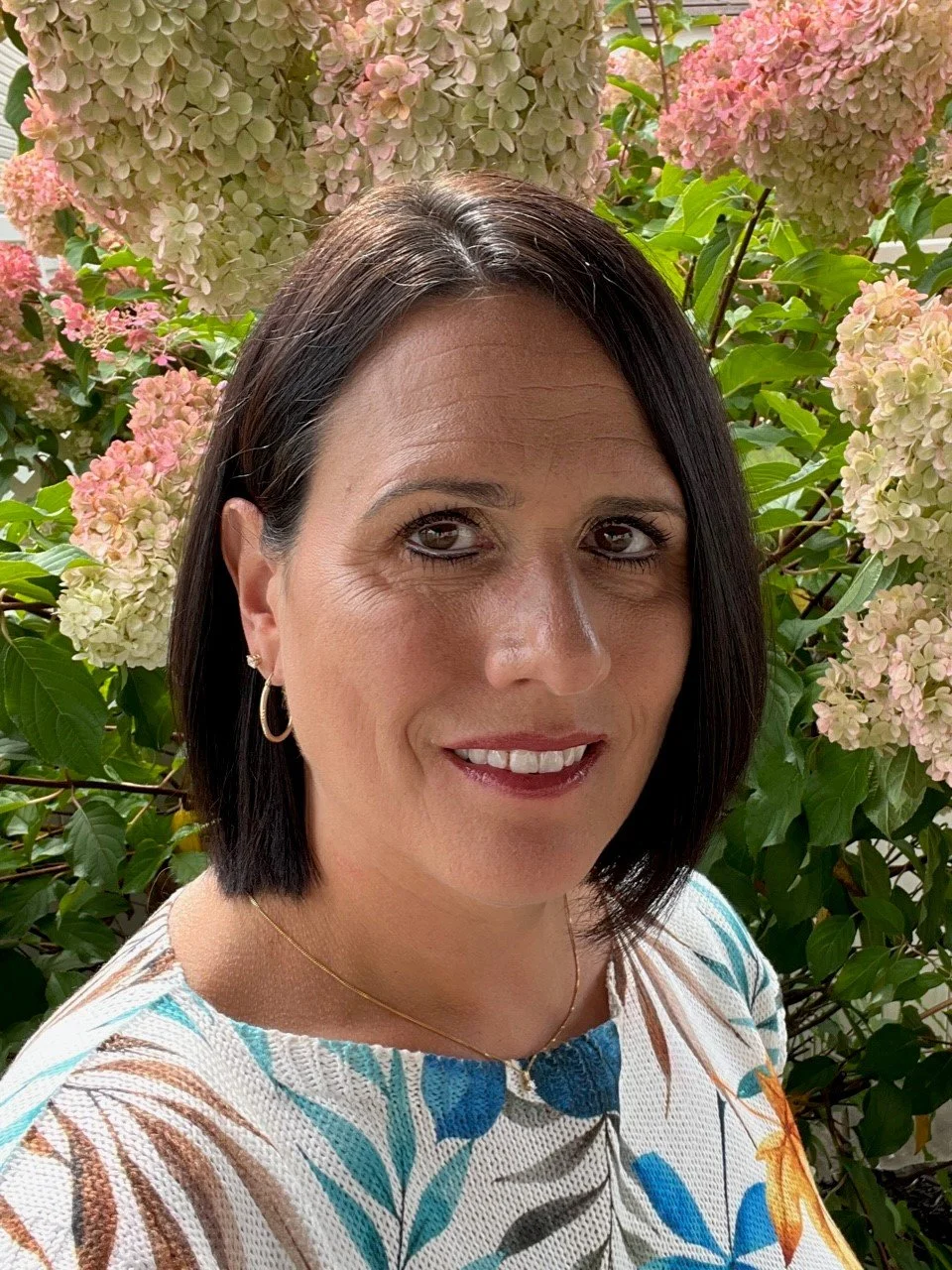
Pascale Schaeffer
As a Carleton University Engineering graduate, Pascale has pursued a career in various technical roles within the Government of Canada, spending over 20 years within information technology divisions at Public Safety Canada and the Privy Council Office. She brings a unique perspective and breadth of knowledge to leading teams and supporting crucial initiatives. Throughout her career, she has made multiple federal court appearances, delivered numerous executive-level presentations, and achieved success in countless operational projects.
Pascale is currently the Director General of the Analysis and Exploitation of Information Sources (AXIS) branch at Public Safety Canada: a branch responsible for OSINT (Open Source Intelligence) and multiple data exploitation domains such as financial, geographical, and facial recognition analysis. The AXIS branch is also the policy centre for OSINT, data exploitation methods, and data governance for the organization.
With a passion for leading teams, Pascale continually looks for opportunities to expand and enhance her communication and leadership skills. When not in the office, you can find her spending time with friends and family and monkeying around in the great outdoors.
-

Kira Vrist Rønn
Kira Vrist Rønn is an associate professor at Department of Political Science and Public Management at University of Southern Denmark where she is affiliated with the Center for War Studies. She is the program manager of the master’s program in Intelligence and Cyber Studies. Her research interests cover intelligence, policing, ethics, and national security. She is PI of the research project, INTELHUB (sponsored by the Carlsberg Foundation), which seeks to voice Scandinavian scholars in intelligence studies and focuses on issues such as legitimacy, accountability, and public trust in Scandinavian intelligence services. Furthermore, she is PI on a research project called “The online police gaze”, which concerns online police patrols and police discretion in a digital age.
-

Clint Watts
Clint Watts is the leader of Microsoft Threat Analysis Center (MTAC). Clint leads the team’s efforts to detect and disrupt foreign malign influence efforts affecting democracies around the world. Prior to joining MTAC, Clint was the founder of Miburo, a digital analysis and consulting company acquired by Microsoft in July 2022.
Clint is a former U.S. Army infantry officer, FBI Special Agent, Executive Officer of the Combating Terrorism Center at West Point (CTC), consultant to the FBI’s Counter Terrorism Division (CTD) and National Security Branch (NSB), and analyst supporting the U.S. Intelligence Community and U.S. Special Operations Command.
Clint also acts as a national security contributor for NBC News and MSNBC and author of the book, Messing With The Enemy: Surviving in a Social Media World of Hackers, Terrorists, Russians and Fake News. Clint’s writing has appeared in a range of publications to include the New York Times, Washington Post, Wall Street Journal, Foreign Affairs, Foreign Policy, The Daily Beast, Politico, Lawfare, War On The Rocks and the Huffington Post.
-

Leah West
Leah West, SJD, is an Associate Professor at the Norman Patterson School of International Affairs where she teaches graduate courses on national security law, international law and ethics. Dr. West is the co-author, along with Craig Forcese of National Security Law (Irwin, 2021, 2 ed), and a co-editor of Stress Tested: The COVID-19 Pandemic and Canadian National Security (UCP, 2021). She is also the author of several peer-reviewed articles on legal issues concerning national security, cyber operations and the law of armed conflict, a regular commentator on national security matters for Canadian and international media outlets, and has testified before both the House of Commons and the Senate, and the European Parliament. Dr. West serves on the editorial board of the Journal of National Security Law and Policy and Terrorism and Political Violence.
Additionally, Dr. West is counsel with Friedman Mansour LLP, supporting the firm’s national security and administrative law practice. She has appeared before the Ontario Superior Court, the Federal Court of Canada, the Security Intelligence Review Committee, and the Supreme Court of Canada. Her academic literature has also been cited by the Supreme Court. Dr. West previously served as counsel with the Department of Justice National Security Litigation and Advisory Branch (NSLAG). She also served for ten years in the Canadian Armed Forces as an armoured officer; she deployed to Kandahar in 2010.
-
Alex Wilner
Dr. Alex Wilner is an Associate Professor at the Norman Paterson School of International Affairs (NPSIA) and the Director of the Infrastructure Protection and International Security (IPIS) graduate program, at Carleton University, Ottawa, Canada. He is the founding chair of Carleton’s Cybersecurity Collaborative Specialization, and a Co-Director of Triple Helix, a public-private-academic partnership for defence innovation and analysis based at the Canadian Global Affairs Institute with support from National Defence’s MINDS program. He is a leading scholar of contemporary deterrence theory and practice. His research explores the nexus between deterrence theory and emerging security considerations, domains, and environments. Among his over two dozen journal publications, his articles on the subject of deterring terrorism, and cyber/AI deterrence have been published in top-ranked IR journals, including International Security, Journal of Strategic Studies, Security Studies, and Studies in Conflict & Terrorism. His books include Deterrence by Denial: Theory and Practice (eds., Cambria Press, 2021), Deterring Rational Fanatics (University of Pennsylvania Press, 2015), and Deterring Terrorism: Theory and Practice (eds., Stanford University Press, 2012).
